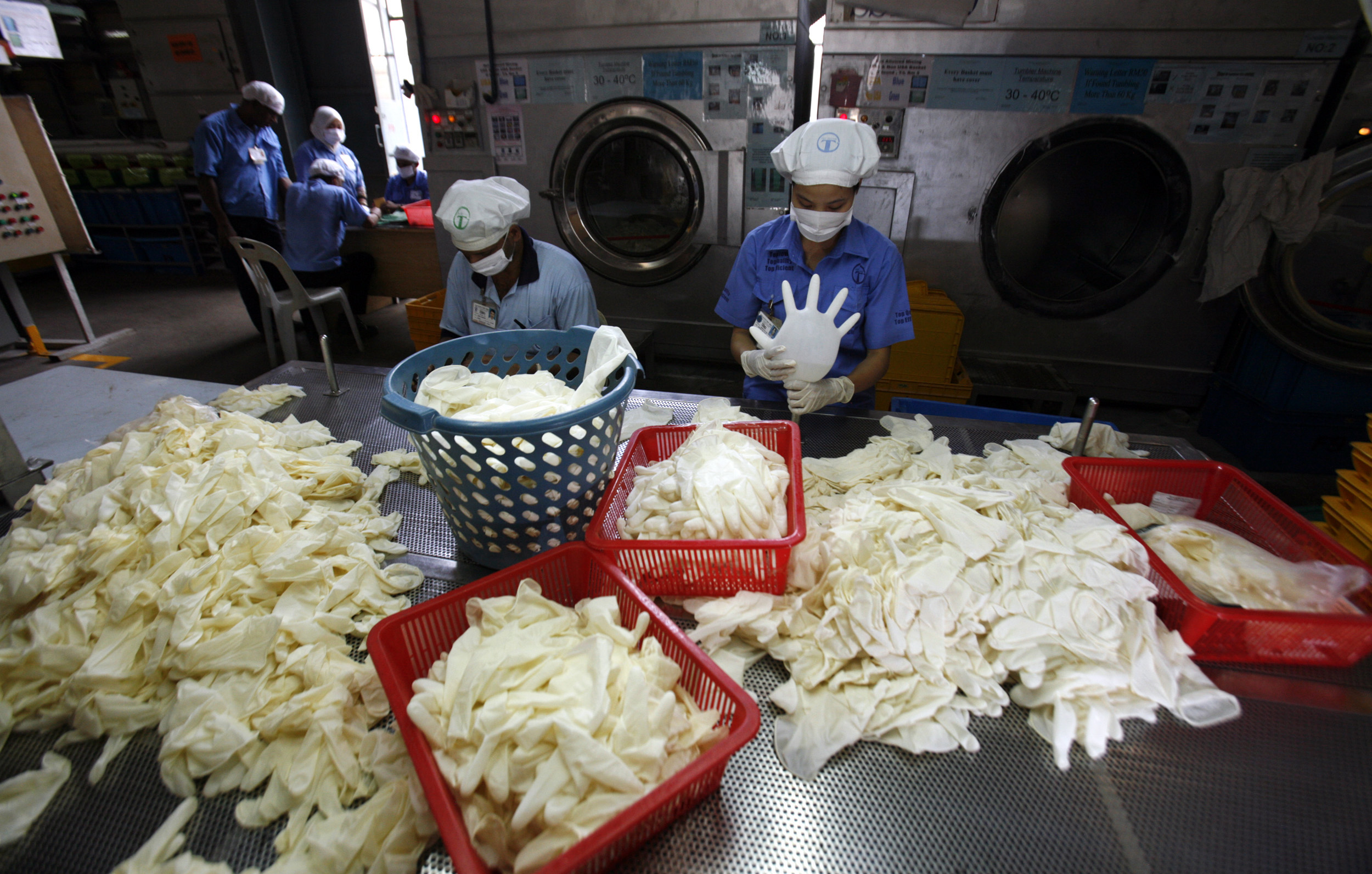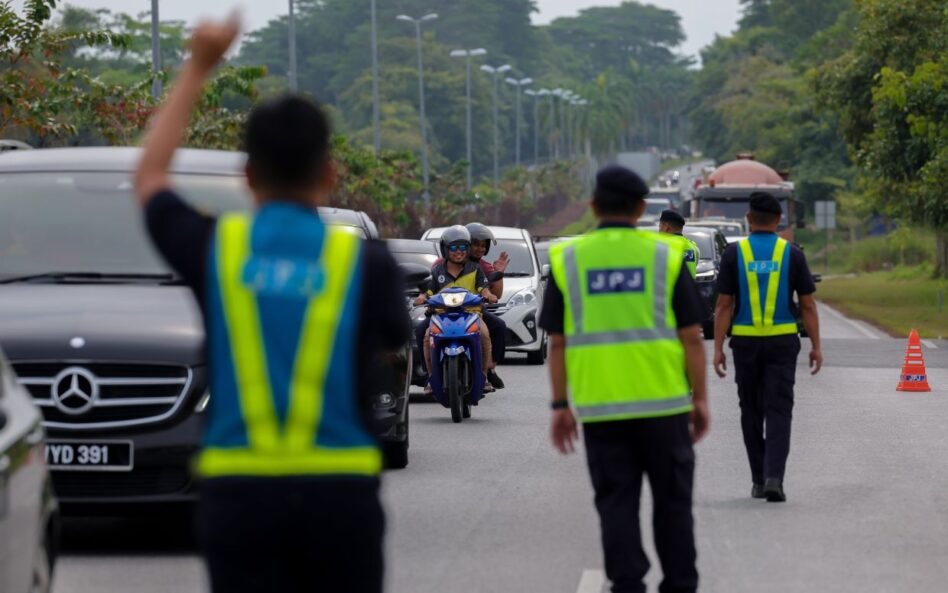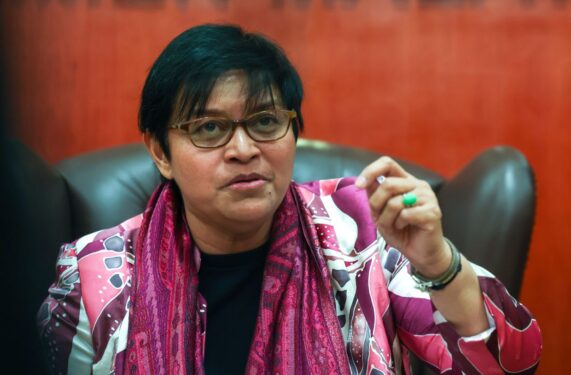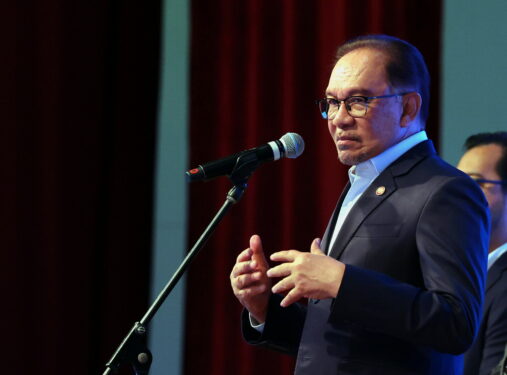HOW fast have the tables turned against Top Glove Corp Bhd, which was once so close to unseating Malayan Banking Bhd (Maybank) as the largest listed entity on Bursa Malaysia.
It was at the height of the COVID-19 pandemic on Oct 14, 2020 when share price of the world’s largest glove maker skyrocketed to a record high closing price of RM9.48.
Top Glove was just 52 sen away from glory; assuming that Maybank’s share price stayed unchanged at RM7.24, The Edge Markets noted that the glove maker’s market cap would have grown to RM77.59 bil.
Back then, a 50-sen gain will expand Top Glove’s market cap to RM4.23 bil. In contrast to Top Glove’s share price rally, Maybank’s share price had been on the decline over the past two years from its all-time high of RM10.88 in May 2018.
The country’s largest lender had closed at RM7.24 on Oct 14 after slipping 11 sen which valued it at RM81.39 bil.
Fast forward two years later, it seems that this will be the closest it could get. Top Glove’s dream becomes more distant with each passing day.
A reversal of fortune has enabled Maybank’s market cap to skyrocket beyond the RM100 bil mark today to RM107.01 bil, while Top Glove’s valuation has nosedived to a mere RM10.34 bil at the time of writing, as the counter flirts near its pre-pandemic levels after touching a 52-week (intra-day) low of RM1.25.
Top Glove ended the morning session at RM1.26 (down 11 sen or 8.03%) with 44.63 million shares traded (the day’s third most active stock thus far).
Coincidentally, this come a day after Top Glove announced a changing of the guard with its managing director Datuk Lee Kim Meow, 63, to be succeeded by its executive director Lim Cheong Guan, 57, with effect from Aug 1.
To be fair, Top Glove’s misfortune is also felt by its Big-Four peers although the company – by virtue of its so-called leadership position – bears the brunt of the ordeal that emanates from a plunge in average selling prices (ASPs) as demand plummets to manpower crunch to steep competition (notably from China).
More recently, Top Glove lost its “invincible clutch” when Malaysia’s high-profile institutional investor, the Employees Provident Fund (EPF), declared that it is no longer a substantial shareholder of the company after having disposed of a collective 11.67 million shares in two tranches of 11.44 million and 228,900 shares respectively on May 20.
This has slashed the retirement fund’s shareholding to 402.19 million shares or 5.023% which is below the 6% minimum threshold to qualify it as a substantial shareholder.
Although both Hartalega Holdings Bhd and Kossan Rubber Industries Bhd, too, had their share of EPF exiting the glove sector, at least the fund still has a stake of 7.903% stake in Hartalega and 8.155% stake in Kossan as of May 27.
As EPF diminishes its shareholding, Top Glove’s executive chairman Tan Sri Dr Lim Wee Chai seems to be heading in the opposite direction by raising his stake in the glove maker in tandem with falling share price to new lows.
In the month of May alone, the Top Glove founder has amassed 9.5 million which elevated his direct interest in the company to 2.2 billion shares (27.43%) and indirect interest to 680.19 million shares (8.495%).
Whether futile or otherwise, it is indeed evident that Top Glove’s share buyback exercise has thus far failed to support its share price even if it was intended to signal to investors that its shares are undervalued.
“The management did not create value for shareholders by buying back the company shares at such high valuations,” opined blogger-cum-investor Shak Chee Hoi in his “Fifth Person” blog.
“The money would have been better distributed to shareholders as a dividend if the management was unsure of how to deploy its capital.” – June 2, 2022










